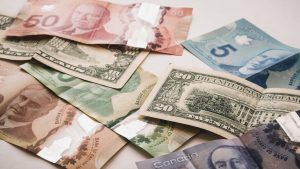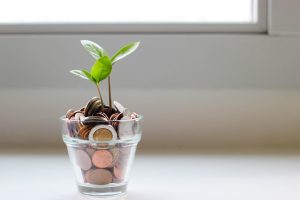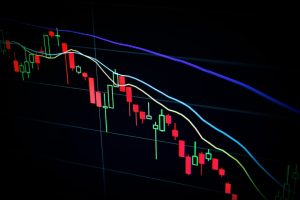Forex, or foreign exchange, is the largest financial market in the world, with a daily turnover of over $5 trillion. It is a decentralized market where traders can buy, sell, and exchange currencies from all around the world. But who are the people who trade forex, and why do they do it?
Individual Retail Traders
Individual retail traders are the most common participants in the forex market. They are individuals who trade currencies for themselves, either as a hobby or as a way to earn a living. These traders can be anyone, from college students to retirees, and they can trade from anywhere in the world with an internet connection.
Retail traders usually trade through online forex brokers, which provide them with access to the market and different trading platforms. They can trade a variety of currency pairs, such as EUR/USD, GBP/USD, and USD/JPY. Retail traders use different trading strategies and techniques to profit from the market, such as technical analysis, fundamental analysis, and automated trading.
Institutional Traders
Institutional traders are professional traders who trade on behalf of institutions, such as banks, hedge funds, and asset management firms. They trade large volumes of currencies and have access to more advanced trading tools and resources than retail traders.
Institutional traders use different trading strategies and techniques to generate profits for their clients, such as algorithmic trading, high-frequency trading, and quantitative analysis. They also have access to exclusive information and news that can affect the market, which they use to make informed trading decisions.
Central Banks
Central banks are government institutions that are responsible for managing their country’s monetary policy and currency. They also participate in the forex market to manage their currency’s exchange rate and maintain the stability of their economy.
Central banks can intervene in the forex market in different ways, such as buying or selling their currency, adjusting interest rates, and implementing monetary policies. These actions can have a significant impact on the forex market, as they can affect the supply and demand of currencies and influence their exchange rates.
Importers and Exporters
Importers and exporters are businesses that engage in international trade and need to exchange currencies to pay for their imports or receive payments for their exports. They participate in the forex market to hedge against currency risks and ensure that they can pay for their goods and services at the agreed-upon exchange rate.
Importers and exporters can use different hedging strategies to protect themselves from currency fluctuations, such as forward contracts, options, and futures. These strategies allow them to lock in a certain exchange rate for a future transaction and protect their profits from currency volatility.
Conclusion
In conclusion, the forex market is a diverse and dynamic market that attracts different types of traders and participants. From individual retail traders to central banks and businesses, everyone who trades forex has their own reasons and motivations for doing so. Whether it’s to earn a living, manage currency risks, or maintain the stability of the economy, the forex market provides a platform for traders to exchange currencies and make profits.





